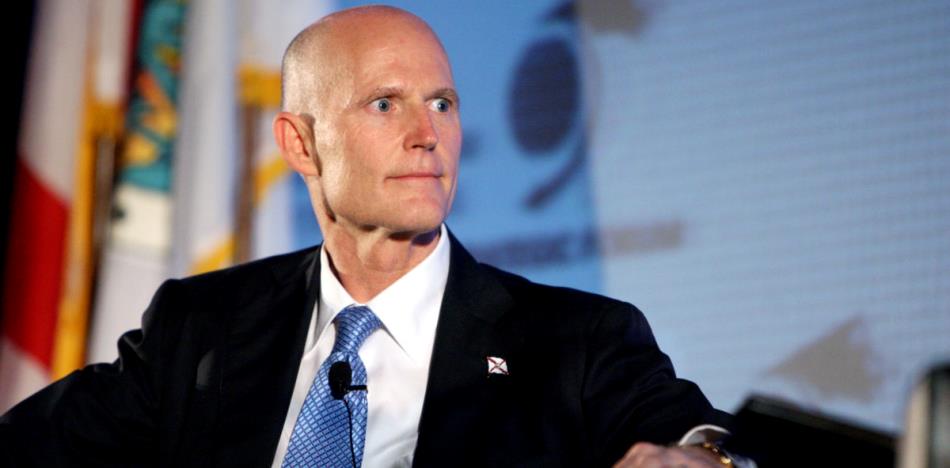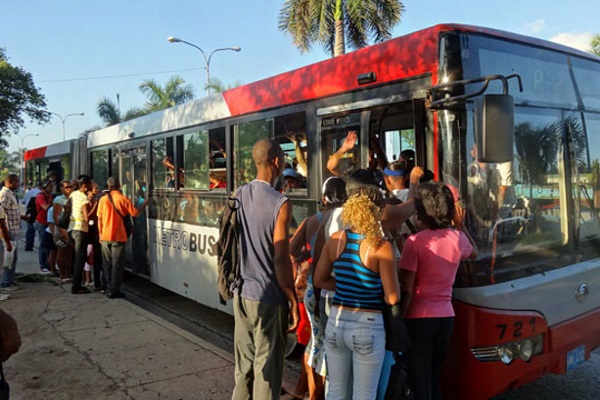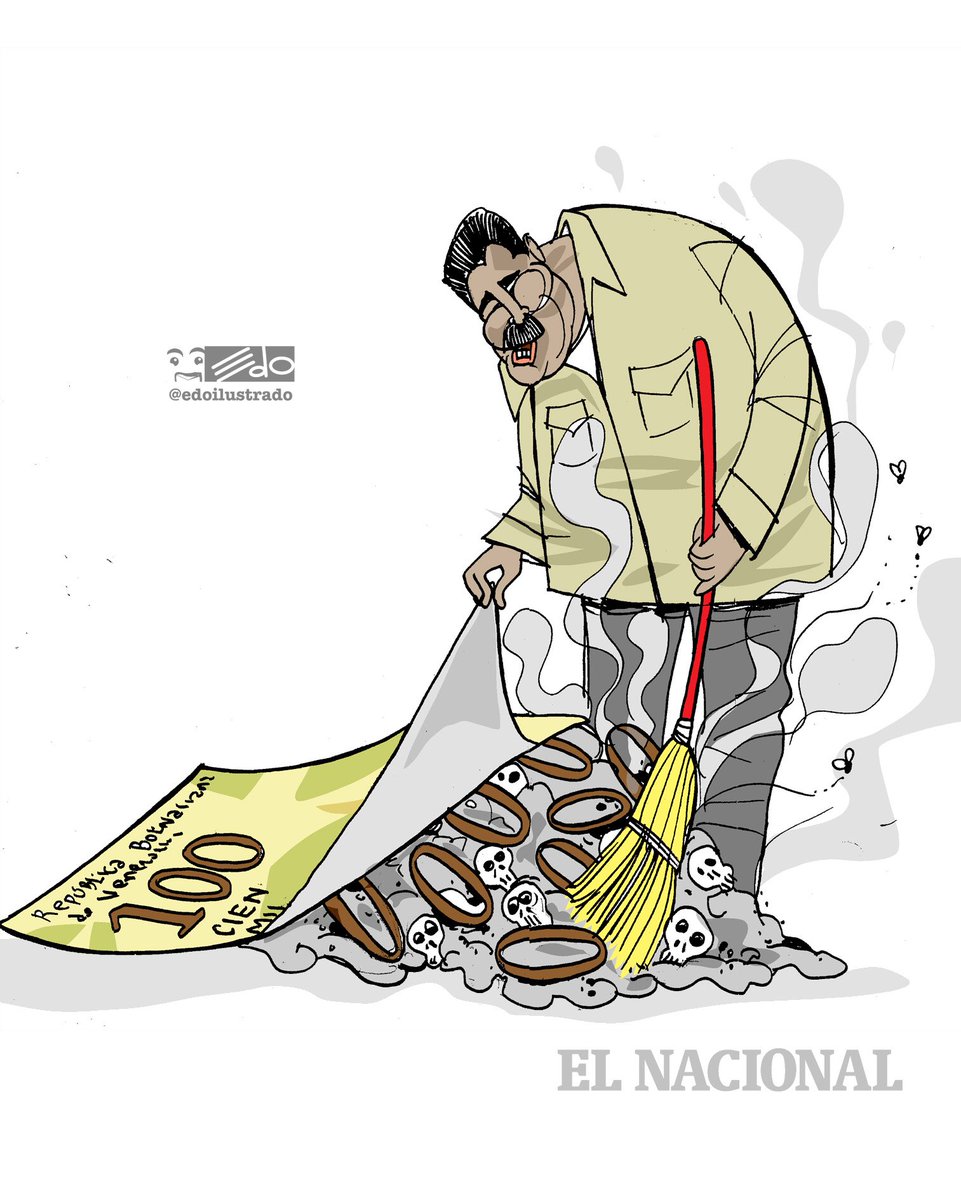
Cuba’s totalitarian communist regime has enjoyed decades of impunity as it brutally oppresses its own people and spreads the cancer of socialism throughout Latin America. But the future is not bright for Cuba’s apartheid dictatorship and they know it. They are running out of support, time, and money and will do whatever is necessary to survive. Even attempt to adopt the same slogans as their sworn enemy.
Frances Martel reports in Breitbart:
Cuba Adopts Trump-Style Slogan for Leftist Summit: ‘Latin America First’
Cuban state propaganda newspaper Granma called for a regional “Latin America First” policy to combat the alleged “Monroe doctrine” revival occurring under President Donald Trump this week, promoting a “Thinking Americas Forum” to replace the pro-democracy Summit of the Americas that Trump is expected to attend.
The Summit of the Americas is held by the Organization of American States (OAS) and will occur next month in Lima, Peru. Cuba was banned from the OAS between the time of the Cuban Revolution until 2009, when a coalition of socialist states led by Venezuelan dictator Hugo Chávez voted to tentatively allow Cuba back. The OAS requires all members to be participating democracies.
This year, the OAS did not invite Chávez’s successor, Nicolás Maduro, to the summit. Although Maduro has vowed he will personally disrupt the summit anyway and has lied about receiving an invitation, the Cuban government made legitimizing the Venezuelan tyranny a priority at the “Thinking Americas Forum.”
Granma promoted the forum on its website throughout the week. In a piece titled “It’s Time for Latin America First,” the newspaper described it as a “parallel” forum that will “have the challenge of showing the diversity and richness of Cuban civil society in times of transcendental change to guarantee a prosperous and sustainable socialism.” Despite being run by the Cuban Communist Party, the regime often chooses to use the word “socialist” for its autocratic rule as communism’s record of 100 million dead has largely tainted the communist brand.
“As the liberators said 200 years ago, it is time to say, ‘Latin America and the Caribbean first,’” the column concludes, deriding President Trump’s “America First” policy, and the president himself, as “xenophobic” and “reviving the Monroe doctrine.” The Monroe doctrine was an anti-imperialist policy that warned Europe not to meddle in the Western Hemisphere, as this constituted a threat to American interests. The Castro regime regularly claims to be an “anti-imperialist” regime, despite colonizing Venezuela, and refers to the United States as el imperio, “the empire.”
Claiming that Trump’s threat of “fire and fury” against North Korea would apply also to Latin America, the Granma piece goes on to warn that Trump will arrive at the Summit of the Americas “with his xenophobic rhetoric fresh in the memory of his Latin American and Caribbean analogs.” Rather than use the summit as planned—to address the dire humanitarian crisis in Venezuela—Granma‘s writers would prefer the occasion become a referendum on Trump.
Continue reading HERE.











